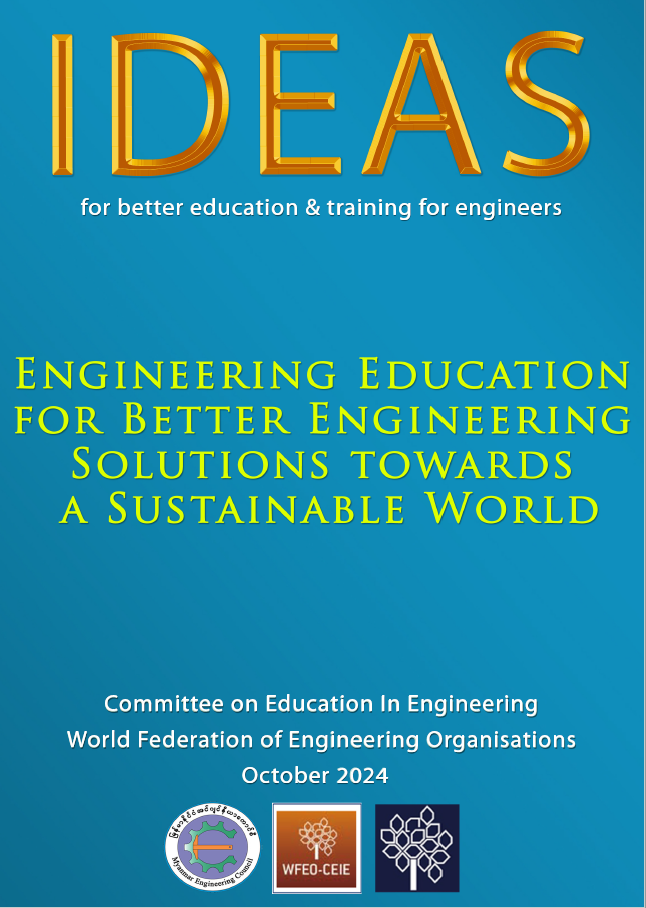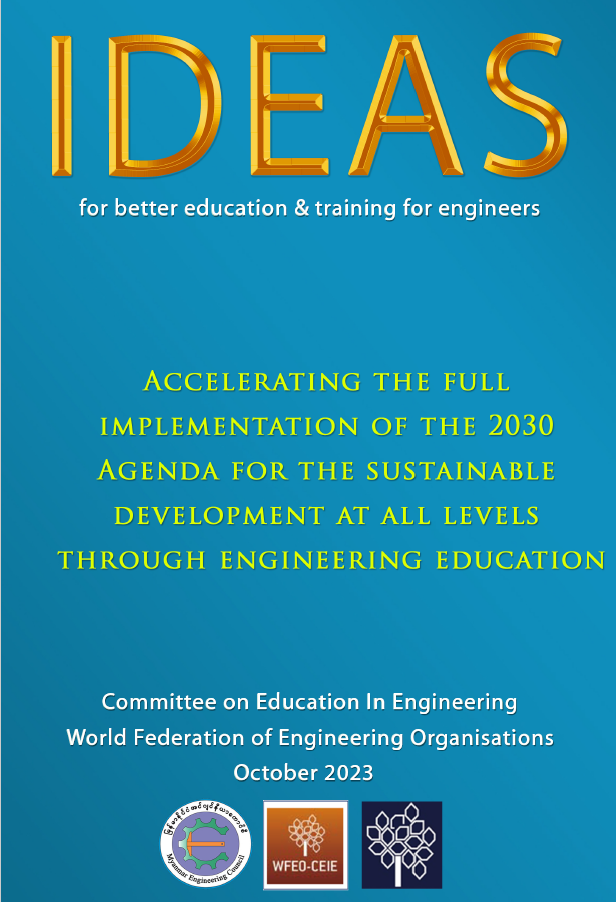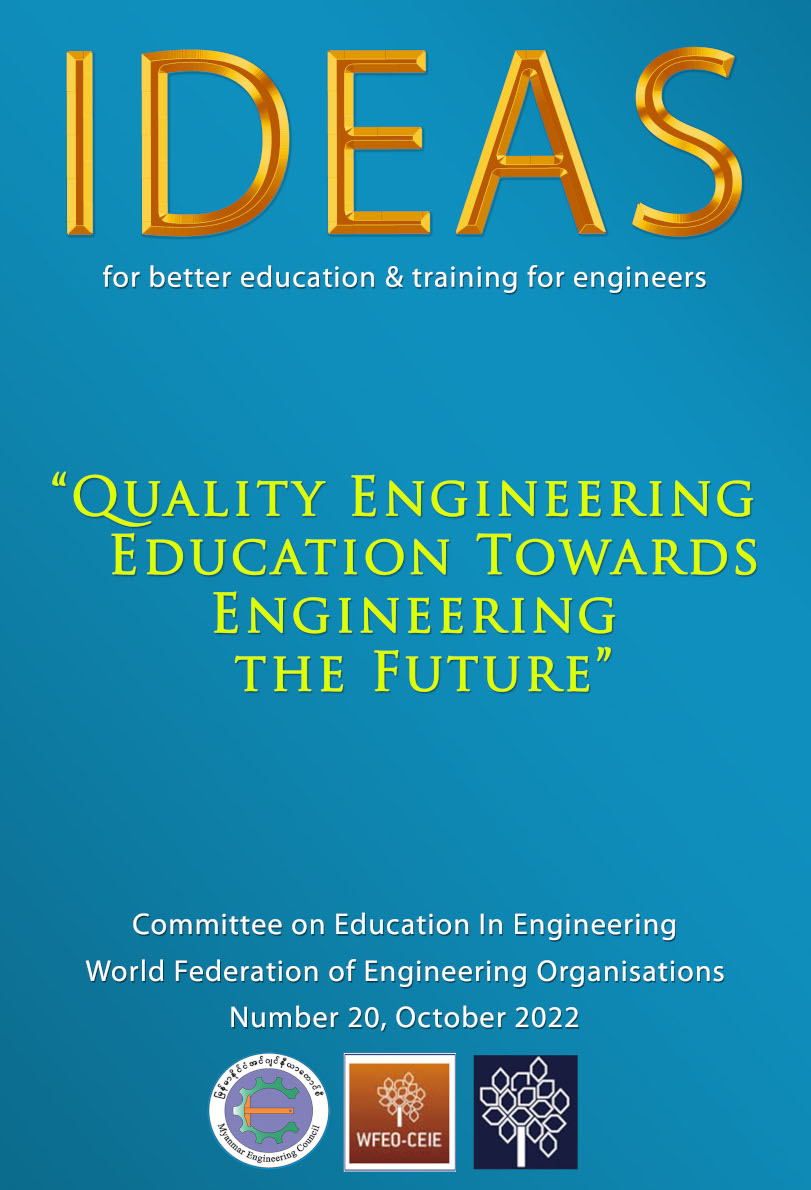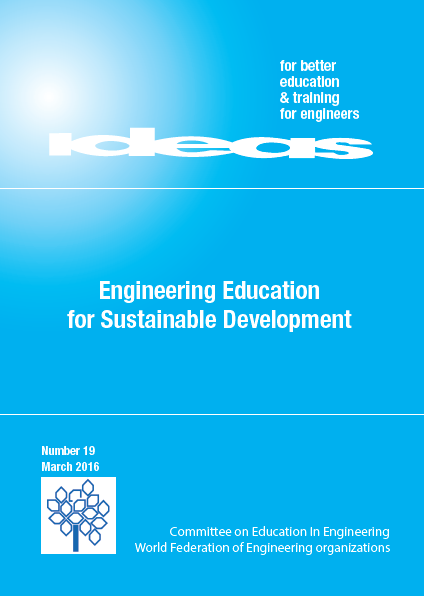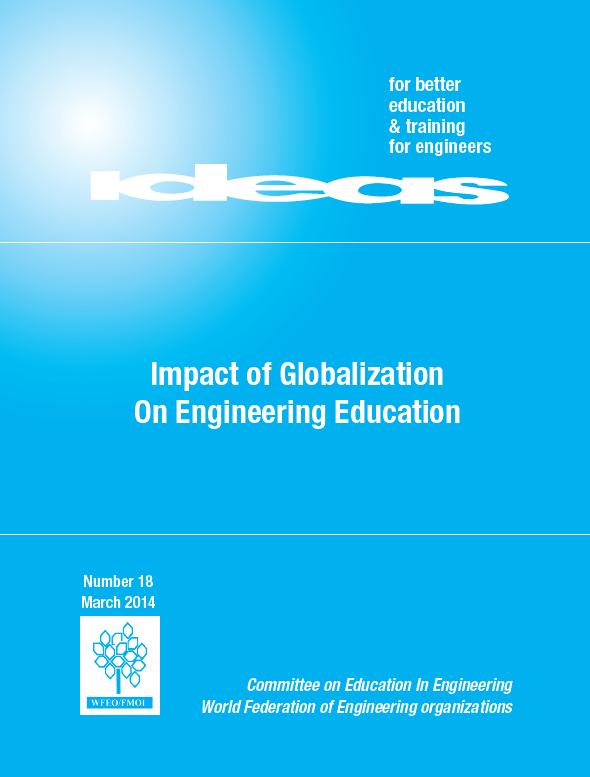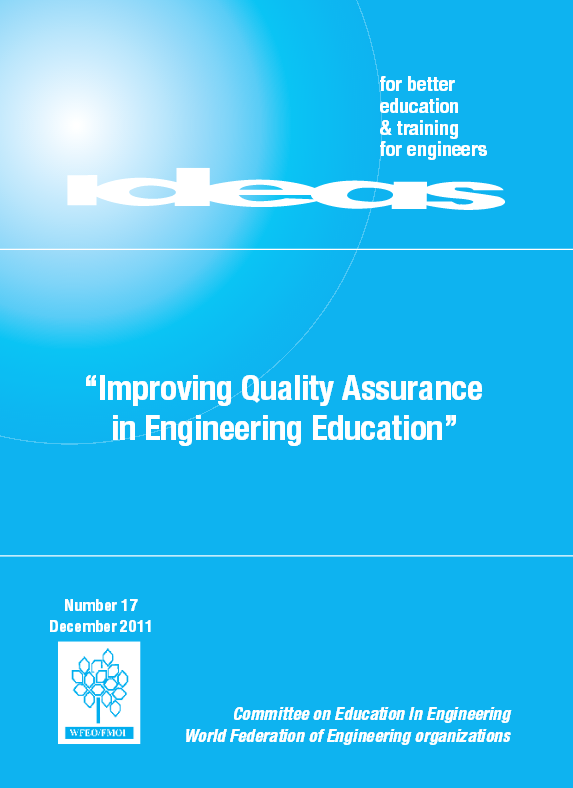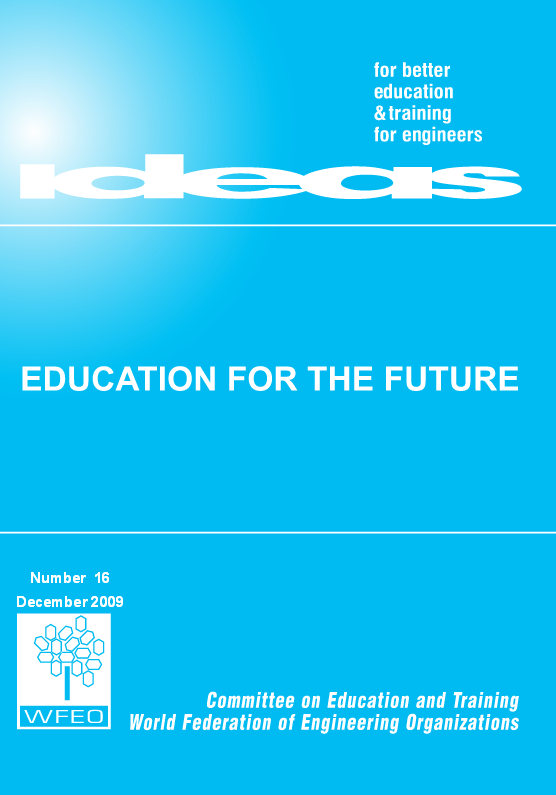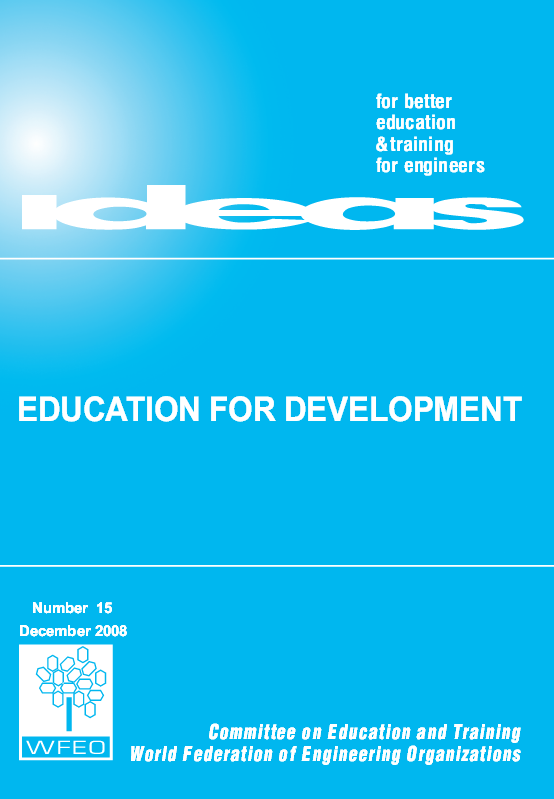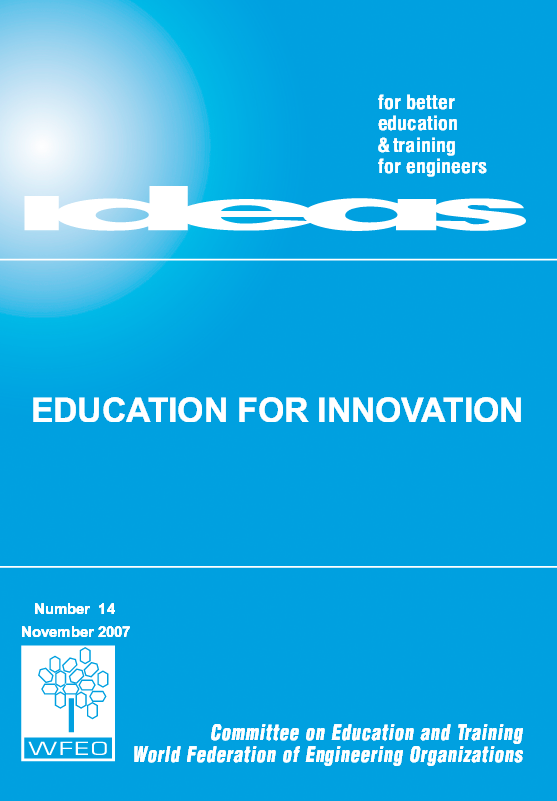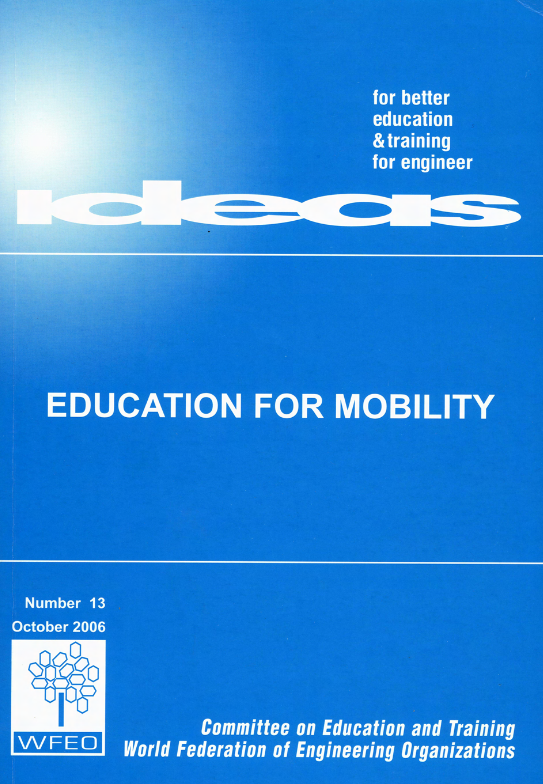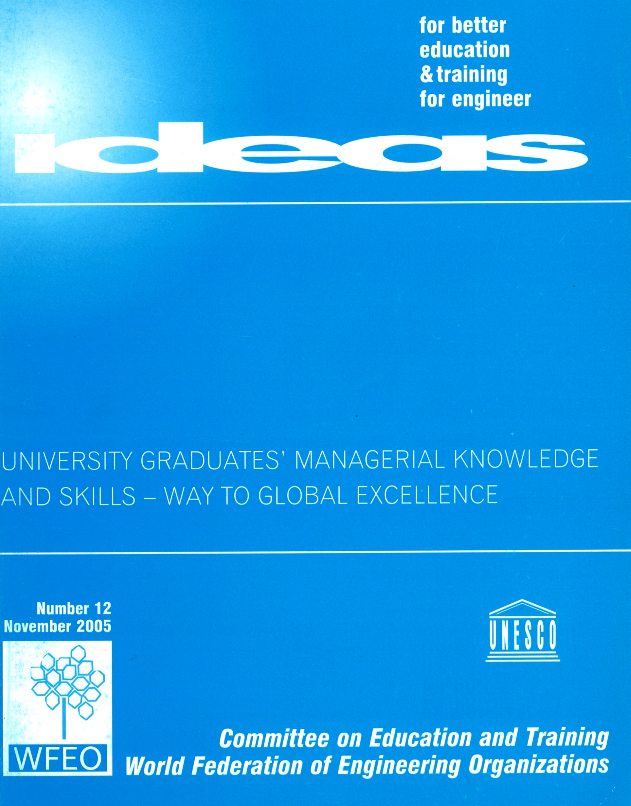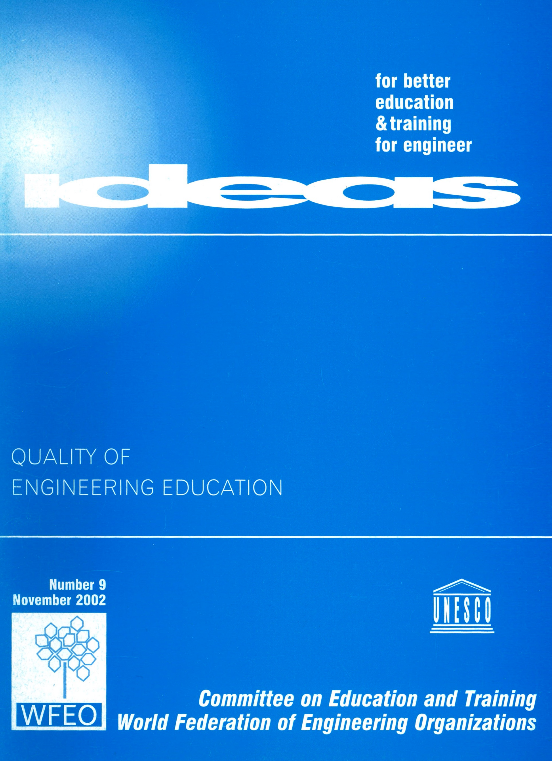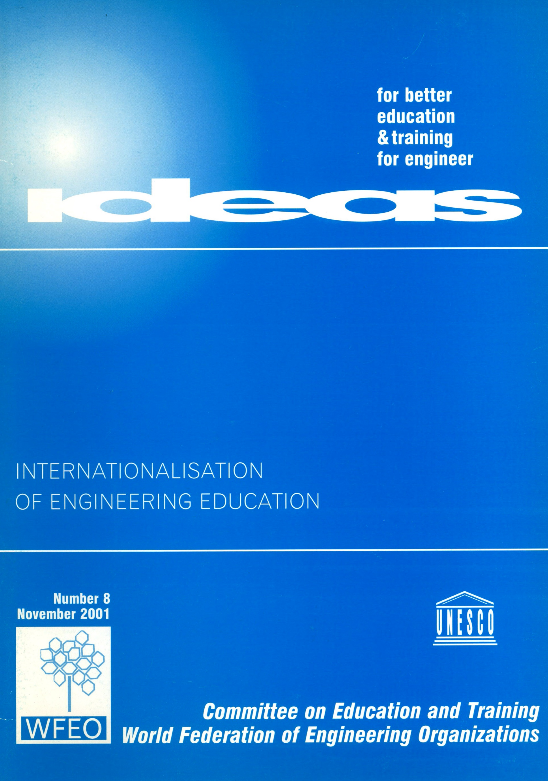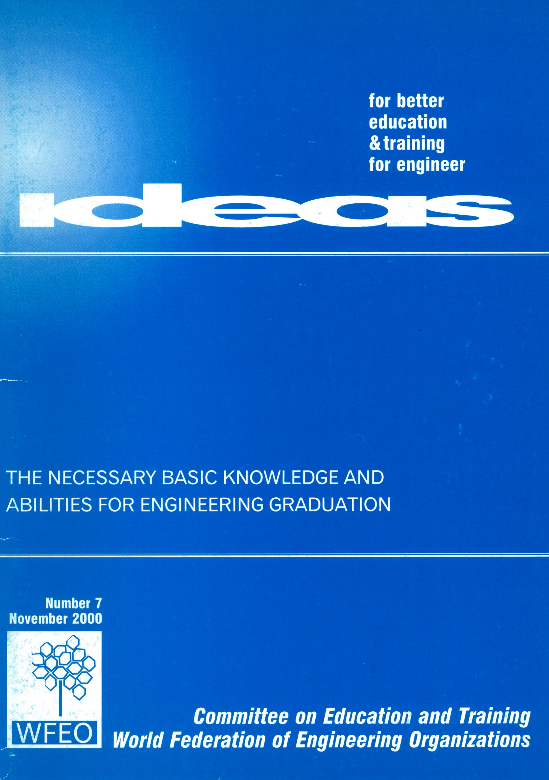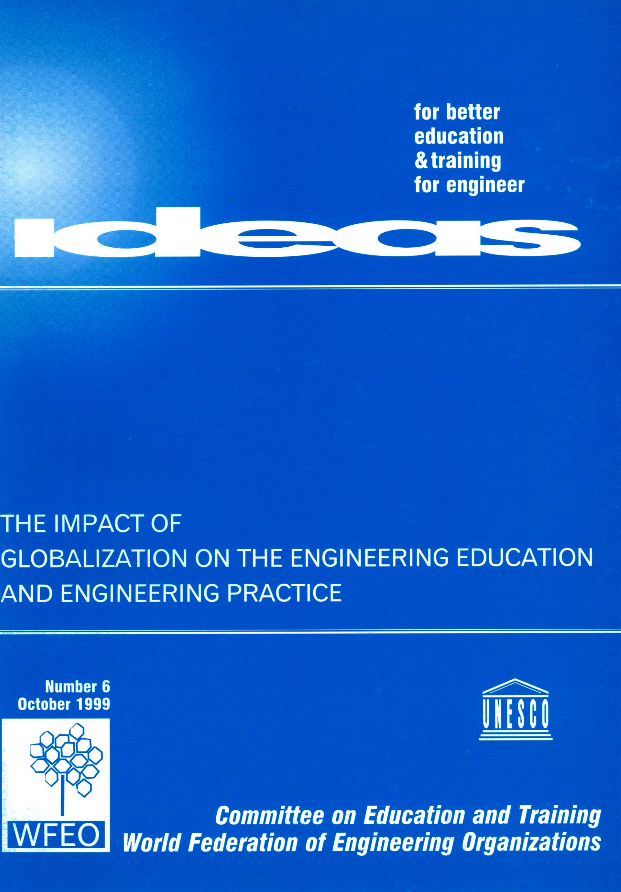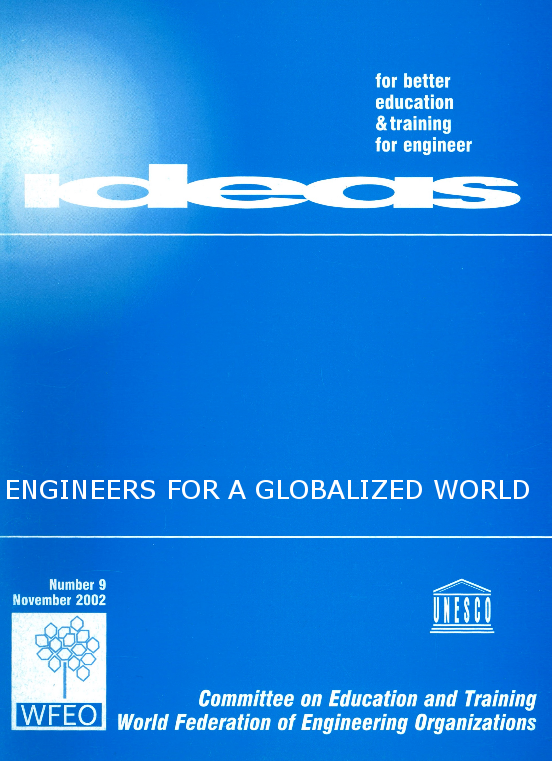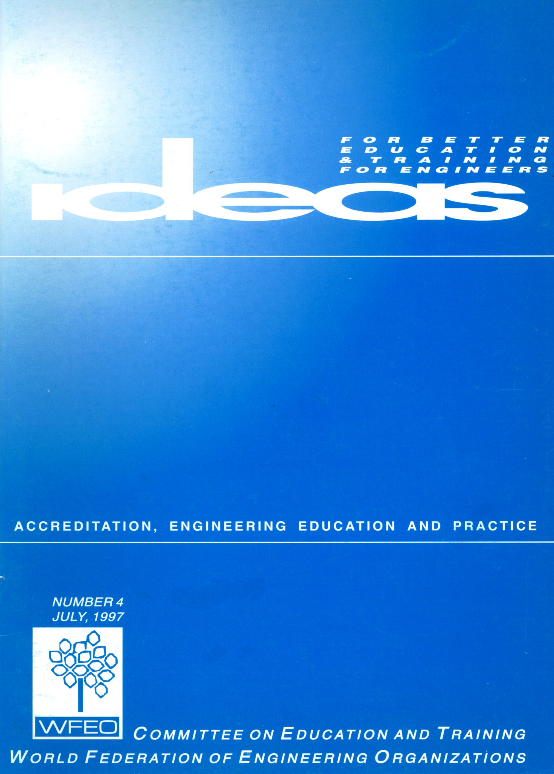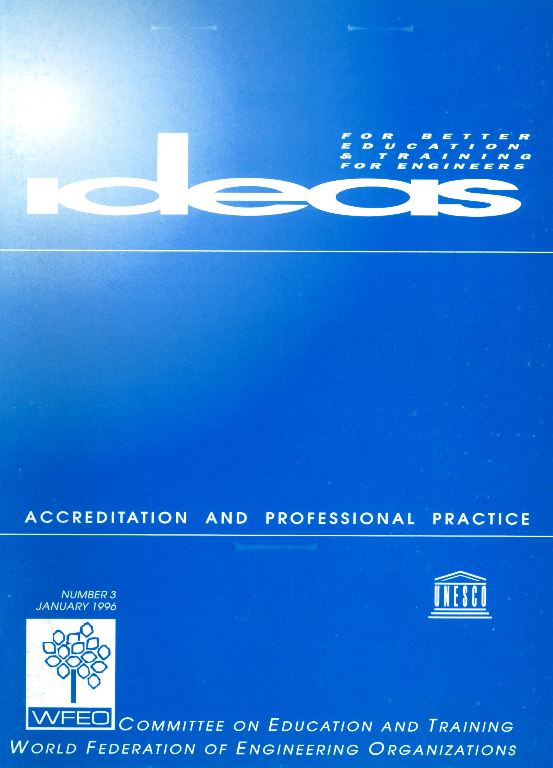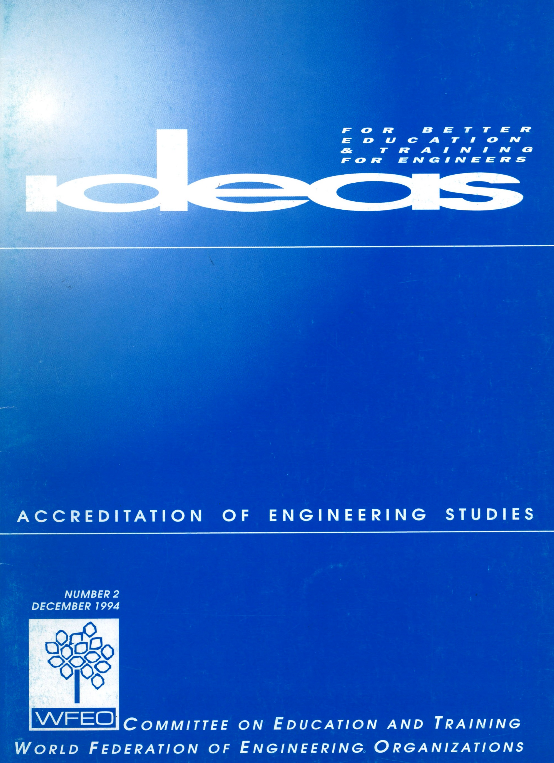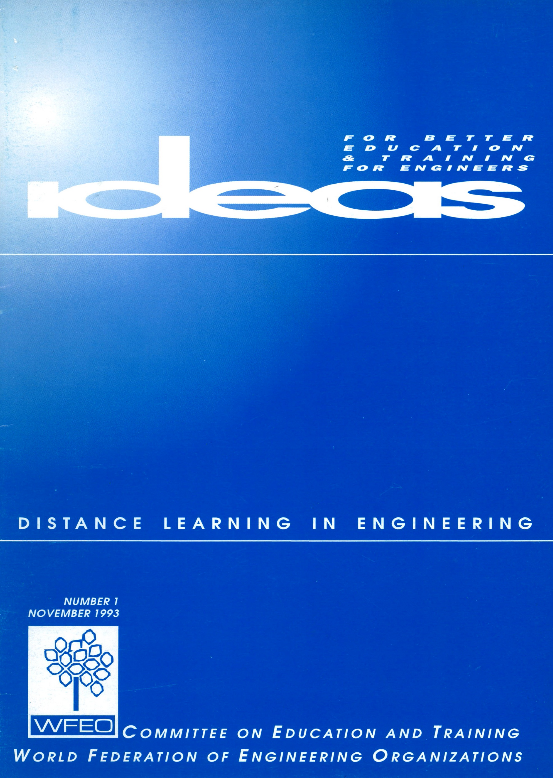
Background
The Myanmar Engineering Council (MEngC) servs as host of the Committee on Engineering in Education (CEIE), for a four year term from March 2021 until 2024.
Vision
The Committee on Education in Engineering will work towards excellence in engineering education. The main issue is to bring the profession into higher levels in research and development and to focus on the issues of accreditation for the mobility of engineering professionals, sustainability and globalization of engineers around the world. The committee will work on establishing webinars and conferences on the issue of accreditation.
Mission Statement
WFEO encourages all of its international and national members to contribute to global efforts to establish a sustainable, equitable and peaceful world by providing an international perspective and enabling mechanisms:
- To provide information and leadership to the engineering profession on issues of concern to the public or the profession.
- To serve society and to be recognized, by national and international organizations and the public, as a respected and valuable source of advice and guidance on the policies, interests and concerns that relate engineering and technology to the human and natural environment.
- To make information on engineering available to the countries of the world and to facilitate communication between its member nations.
- To foster peace, socioeconomic security and sustainable development among all countries of the world, through the proper application of technology.
- To facilitate relationships between governments, business and people by contributing engineering dimension to discussions on policies and investment.
In partnership with its national members and other WFEO standing committees, the WFEO-CEIE will execute a thematic, results-oriented program that:
- Increases the understanding of the international, national, and regional awareness on the impact of globalization in engineering education.
- Pushes the mobility of engineering professionals process through local and international accreditation of engineering programs at universities.
- Gathers and disseminates information and provides recommendations for the accreditation of engineering programs.
- Develops and promulgates appropriate educational programs in the industry/university to keep poverty away from developed nations.
- Engages with the appropriate United Nations agencies, international, non-government organizations and national members of World Federation of Engineering Organizations to provide engineering advice and strategies related to the international accreditation processes.
- Works on the issue of sustainability for the wellbeing of the engineering profession.
- Supports and raises WFEO’s profile and participation in the work of UNESCO and OECD as it relates to engineering education.
- Engages with other international bodies like IEA, ABET, ASEE and on projects that support the practice of engineering.
Mandate
The WFEO–CEIE shall support the WFEO and the engineering profession worldwide by:
- Encouraging and supporting CEIE theme leaders to organize international webinars, workshops and seminars related to their work within the strategic plan.
- Developing and promoting policies, strategies and practices to adapt engineering sustainability.
- Drafting practice guidelines and policies related to engineering education to be approval of the WFEO Executive Council and WFEO members.
- Communicating to the WFEO and the international community on the work of the CEIE.

